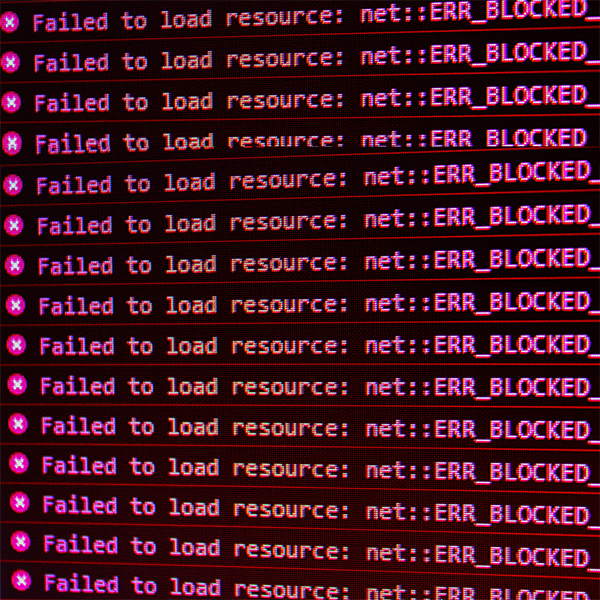 I recently read a headline that said you should eliminate the word ‘try’, from your vocabulary. That’s a bad idea. Why? The word ‘try’ is a valuable tool that I use a lot in working with clients.
I recently read a headline that said you should eliminate the word ‘try’, from your vocabulary. That’s a bad idea. Why? The word ‘try’ is a valuable tool that I use a lot in working with clients.
Years ago, I gave a presentation at the Evergreen Hospital Medical Center. During the presentation, I used the word “try” several times. Afterward, a fellow hypnotist pulled me aside and mentioned that he’d heard the word try was bad, and maybe I should think about eliminating it. I asked him if he remembered when I’d used it.
Rules, Or Concepts?
And this brings to mind a problem with a lot of hypnosis and NLP training (in my opinion). People are taught rules, and not concepts. Or, that’s what some of them learn, at least.
The word “try” hints at failure. As one of my instructors said, “What does it mean if someone invites you to a party, and you say you’ll try to be there?” It usually means you won’t make it. “I’ll try to open the door”, may mean that it will be tough to open. So yes, “try” is probably not the word to use, if you want someone to do something easily. To Yoda, you must listen!
But what if you want someone to think something might be difficult? Ask them to try to do it! “Try to get that old image back”, after a swish pattern, will imply that it would be difficult. If you understand the concept, you can easily figure out how to use it, on the fly.
In the presentation for Evergreen, I’d used the word when I wanted something to be more difficult (I should note, some people will respond in the opposite way, and might be more successful, if you use the word).
But, if you don’t understand the concept, you’ll probably just repeat what your instructor said, without understanding it.
And That’s The Hypnotic Power Of The Word
People respond to that word. Most respond without thinking about it (it goes past the critical factor). So, the word, is just a tool. There are cases where it’s useful, and cases where it’s not.
That’s my story, and I’m sticking to it.
Enjoy,
Keith
PS: The word “try” does not ensure failure, nor does it prevent someone from accomplishing something. It’s not a magic bullet. It’s just a nudge in a direction. After all, this article was called, “Try To Read This Article”, and you read it, right?


Hi Keith,
Thank you for this valuable reminder. I have always felt that the word try was meant to encourage someone to make an effort to accomplish something. I used it with my kids for years and it was the gentle nudge to get them started.
Again,
Thank you,
Phyllis
I would actually stay away from it, for that purpose. It can imply difficulty.
Most of us are smart enough to know what it means in that context, but it can create a possible unconscious bias toward difficulty.
A friend of mine taught a waiter to use the word “experience”, instead of “try”, when offering customers extras. “Would you like to experience the calamari?”, apparently resulted in more orders than “Would you like to try the calamari?”
If we’re creative, we can come up with words that potentially increase the response we’re going for. But it’s just one factor, and there’s no reason to be dogmatic about it, or freak out if we use the “right” word. Plus, different people will react differently to the same word.
Keith